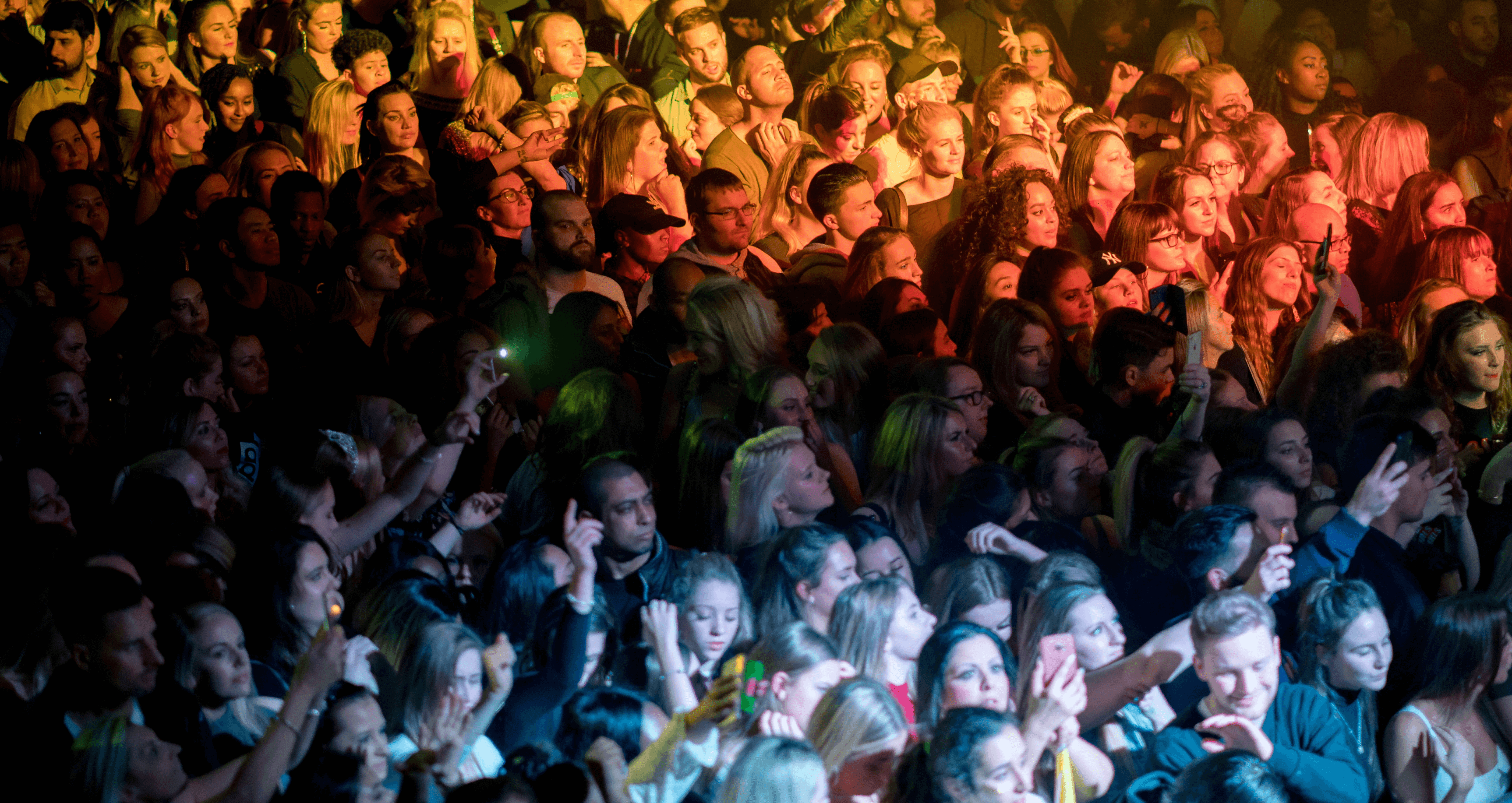Indigenous Environmental Stewardship
To halt further destruction of the biosphere, we need to transform our relationship with nature.


On 14 October 2023, Australians voted NO in a referendum on whether to change the 1898 constitution to recognise the First Peoples of Australia through the establishment of a Voice to Parliament, which would advise the government about laws as they relate to indigenous peoples.
"For too long we have been at the mercy of a European/American imagination” Richard Flanagan
The Voice was the first recommendation from the Uluru Statement, which also includes a treaty-making and truth-telling process, aimed at reconciling Australia's past and the ongoing exclusion of indigenous peoples from Australia's imagined futures, and the systems which enable those imagined futures to develop.
Whilst initial support suggested the Voice to Parliament would proceed, it was ultimately defeated and the public's appetite for further truth and treaty work has dropped significantly. As a result, the present (labour) government is stepping back from their election pledge to set up a commission for 'truth and treaty'. Richard Flannagan's message that we continue to enshrine ourselves in the European / American imagination, identifies the urgency with which all Australians must work to co-imagine Australian futures from within the context of our own history and together with the indigenous communities who continue to be excluded from our national imagination.
Whilst I have no experience (or prior knowledge) of indigenous futures; it feels more important than ever, that we begin the work of imagining possible alternative futures for the indigenous people of the world . . and so I'm seizing this opportunity to develop some examples of Possible Futures, utilising the Manoa Scenario Approach.
The final presentation is available to view here
On 14 October 2023, Australians voted NO in a referendum on whether to change the 1898 constitution to recognise the First Peoples of Australia through the establishment of a Voice to Parliament, which would advise the government about laws as they relate to indigenous peoples.
"For too long we have been at the mercy of a European/American imagination” Richard Flanagan
The Voice was the first recommendation from the Uluru Statement, which also includes a treaty-making and truth-telling process, aimed at reconciling Australia's past and the ongoing exclusion of indigenous peoples from Australia's imagined futures, and the systems which enable those imagined futures to develop.
Whilst initial support suggested the Voice to Parliament would proceed, it was ultimately defeated and the public's appetite for further truth and treaty work has dropped significantly. As a result, the present (labour) government is stepping back from their election pledge to set up a commission for 'truth and treaty'. Richard Flannagan's message that we continue to enshrine ourselves in the European / American imagination, identifies the urgency with which all Australians must work to co-imagine Australian futures from within the context of our own history and together with the indigenous communities who continue to be excluded from our national imagination.
Whilst I have no experience (or prior knowledge) of indigenous futures; it feels more important than ever, that we begin the work of imagining possible alternative futures for the indigenous people of the world . . and so I'm seizing this opportunity to develop some examples of Possible Futures, utilising the Manoa Scenario Approach.
The final presentation is available to view here
On 14 October 2023, Australians voted NO in a referendum on whether to change the 1898 constitution to recognise the First Peoples of Australia through the establishment of a Voice to Parliament, which would advise the government about laws as they relate to indigenous peoples.
"For too long we have been at the mercy of a European/American imagination” Richard Flanagan
The Voice was the first recommendation from the Uluru Statement, which also includes a treaty-making and truth-telling process, aimed at reconciling Australia's past and the ongoing exclusion of indigenous peoples from Australia's imagined futures, and the systems which enable those imagined futures to develop.
Whilst initial support suggested the Voice to Parliament would proceed, it was ultimately defeated and the public's appetite for further truth and treaty work has dropped significantly. As a result, the present (labour) government is stepping back from their election pledge to set up a commission for 'truth and treaty'. Richard Flannagan's message that we continue to enshrine ourselves in the European / American imagination, identifies the urgency with which all Australians must work to co-imagine Australian futures from within the context of our own history and together with the indigenous communities who continue to be excluded from our national imagination.
Whilst I have no experience (or prior knowledge) of indigenous futures; it feels more important than ever, that we begin the work of imagining possible alternative futures for the indigenous people of the world . . and so I'm seizing this opportunity to develop some examples of Possible Futures, utilising the Manoa Scenario Approach.
The final presentation is available to view here
On 14 October 2023, Australians voted NO in a referendum on whether to change the 1898 constitution to recognise the First Peoples of Australia through the establishment of a Voice to Parliament, which would advise the government about laws as they relate to indigenous peoples.
"For too long we have been at the mercy of a European/American imagination” Richard Flanagan
The Voice was the first recommendation from the Uluru Statement, which also includes a treaty-making and truth-telling process, aimed at reconciling Australia's past and the ongoing exclusion of indigenous peoples from Australia's imagined futures, and the systems which enable those imagined futures to develop.
Whilst initial support suggested the Voice to Parliament would proceed, it was ultimately defeated and the public's appetite for further truth and treaty work has dropped significantly. As a result, the present (labour) government is stepping back from their election pledge to set up a commission for 'truth and treaty'. Richard Flannagan's message that we continue to enshrine ourselves in the European / American imagination, identifies the urgency with which all Australians must work to co-imagine Australian futures from within the context of our own history and together with the indigenous communities who continue to be excluded from our national imagination.
Whilst I have no experience (or prior knowledge) of indigenous futures; it feels more important than ever, that we begin the work of imagining possible alternative futures for the indigenous people of the world . . and so I'm seizing this opportunity to develop some examples of Possible Futures, utilising the Manoa Scenario Approach.
The final presentation is available to view here
On 14 October 2023, Australians voted NO in a referendum on whether to change the 1898 constitution to recognise the First Peoples of Australia through the establishment of a Voice to Parliament, which would advise the government about laws as they relate to indigenous peoples.
"For too long we have been at the mercy of a European/American imagination” Richard Flanagan
The Voice was the first recommendation from the Uluru Statement, which also includes a treaty-making and truth-telling process, aimed at reconciling Australia's past and the ongoing exclusion of indigenous peoples from Australia's imagined futures, and the systems which enable those imagined futures to develop.
Whilst initial support suggested the Voice to Parliament would proceed, it was ultimately defeated and the public's appetite for further truth and treaty work has dropped significantly. As a result, the present (labour) government is stepping back from their election pledge to set up a commission for 'truth and treaty'. Richard Flannagan's message that we continue to enshrine ourselves in the European / American imagination, identifies the urgency with which all Australians must work to co-imagine Australian futures from within the context of our own history and together with the indigenous communities who continue to be excluded from our national imagination.
Whilst I have no experience (or prior knowledge) of indigenous futures; it feels more important than ever, that we begin the work of imagining possible alternative futures for the indigenous people of the world . . and so I'm seizing this opportunity to develop some examples of Possible Futures, utilising the Manoa Scenario Approach.
The final presentation is available to view here
Tags
environmental stewardship, indigenous knowledge, possible futures
⚒️ | Figma, Pitch, Midjourney
You might also like

Political Notion
Information Architecture

Political Notion
Information Architecture

Neurodiversity Resources
Concept Development

Neurodiversity Resources
Concept Development
🛠️ Tools + Resources
